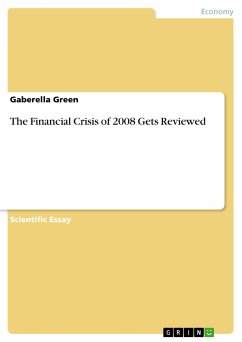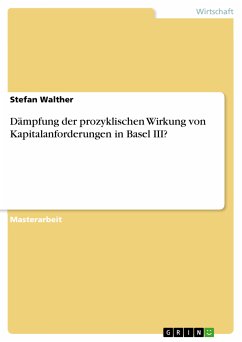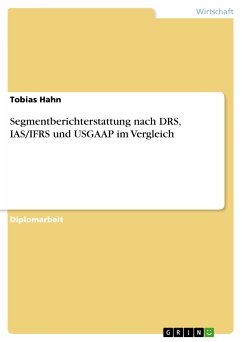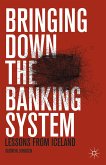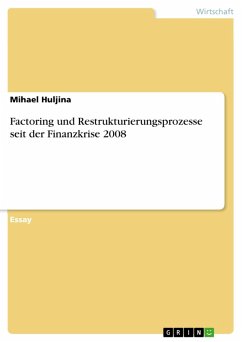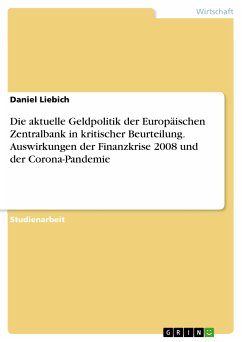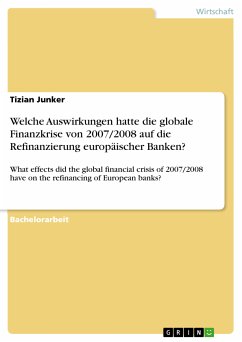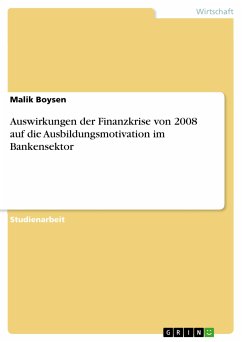Scientific Essay from the year 2011 in the subject Business economics - Banking, Stock Exchanges, Insurance, Accounting, grade: 100, Argosy University, course: Accounting in a Global Financial Community (B7640), language: English, abstract: There are numerous views for the financial crisis of 2008. The International Accounting Standards Board (IAS) responded to the financial crisis by amending IAS 39. A study found by provides light to the issue of whether or not the amendment to IAS 39 benefit U.S. banks. The financial crisis of 2008 consists of unfair accounting practices, poor regulation, too much emphasis on credit scores and various other reasons. One popular reason includes subprime mortgages which leave mortgage-backed assets frozen on the books of U.S. banks. This leads to write-downs for the financial assets. The IASB initiates change to alleviate the financial crisis by amending the IAS 39. The IAS 39 allows for reclassification and measurements of financial instruments. Firms are allowed to abandon fair value measurement in order to alleviate the mortgage-backed assets effects. Some firms abuse IAS 39 and contribute it to the financial crisis. Several well-known executives argue that using fair value accounting is the key to helping the financial crisis. One study found that the amendment to the IAS 39 is not helping U.S. firms, but assisting international banks. The benefits of IAS 39 gets weigh against the disadvantages.
Dieser Download kann aus rechtlichen Gründen nur mit Rechnungsadresse in A, B, BG, CY, CZ, D, DK, EW, E, FIN, F, GR, HR, H, IRL, I, LT, L, LR, M, NL, PL, P, R, S, SLO, SK ausgeliefert werden.
Hinweis: Dieser Artikel kann nur an eine deutsche Lieferadresse ausgeliefert werden.

